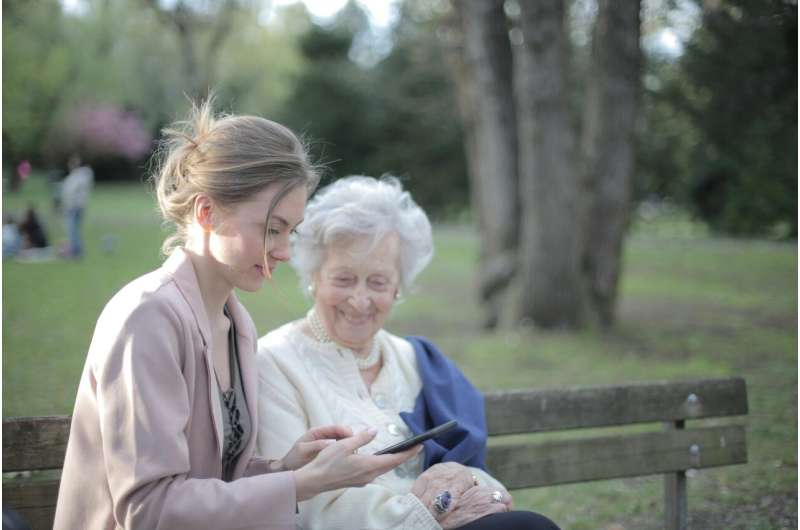RSV Vaccination Programs Reduce Hospital Burden and Costly Treatments in Australia

Australia's RSV vaccination program has significantly lowered hospitalization rates in infants, saving millions in healthcare costs and marking a major step forward in disease prevention.
The implementation of a statewide immunization program targeting infants against respiratory syncytial virus (RSV) has shown remarkable success in Australia. Since the program's launch in 2024, it has led to a 57% reduction in RSV-related hospitalizations in Western Australia alone, resulting in healthcare savings estimated between $6.2 million and $6.9 million. This initiative is considered a groundbreaking advancement in preventive healthcare for RSV.
Australia has embraced a comprehensive approach to RSV prevention, including the introduction of long-acting monoclonal antibody nirsevimab for infants and maternal vaccination with Abrysvo, registered in late 2023 and early 2024 respectively. These interventions are particularly significant since RSV is a leading cause of respiratory infections, disproportionately affecting children under four, who account for half of RSV hospital admissions.
The research indicates that vaccination coverage was high, with 71% of eligible infants receiving prophylaxis during the initial months of the program. Effectiveness studies reveal that nirsevimab is approximately 86.4% effective in preventing RSV hospitalizations in infants, emphasizing its potential to significantly alleviate healthcare burden.
Looking ahead, Australia has launched a national RSV prevention strategy for 2025, which includes free maternal vaccinations and targeted infant protection. Ongoing evaluation and cost-effectiveness analysis of this program will be essential to optimize resource allocation and maximize health outcomes. Key challenges include ensuring vaccine accessibility, fostering parental acceptance, and addressing the needs of high-risk populations, such as First Nations children.
Overall, these efforts demonstrate that RSV immunization is transforming pediatric respiratory health, significantly reducing hospital admissions and associated costs, and shaping the future of infectious disease prevention in Australia. Source: https://medicalxpress.com/news/2025-05-rsv-immunization-australia-millions-hospital.html
Stay Updated with Mia's Feed
Get the latest health & wellness insights delivered straight to your inbox.
Related Articles
Ensuring Safety for People Who Use Drugs in a Politicized Environment: Insights from Recent Surveys
Recent Australian surveys show increased harm reduction efforts among drug users, emphasizing the importance of naloxone, drug testing, and supportive policies amid a politicized environment.
US Plans to Remove Prescription Fluoride Supplements for Children Amid Growing Controversy
The US government is planning to remove prescription fluoride supplements for children amid ongoing concerns about potential health risks, prompting a reevaluation of fluoride use in public health.
Elevated BMI Levels Increase Risk of Post-Bariatric Surgery Complications
Higher body mass index (BMI), especially over 50, significantly raises the risk of complications after bariatric surgery, according to recent research. This study provides crucial insights for improving patient safety and outcomes.
The Extensive Impact of Dementia on American Families
A new study reveals that over a quarter of families with older adults in the U.S. include someone living with dementia, highlighting the disease's widespread impact on family life and caregiving networks.



